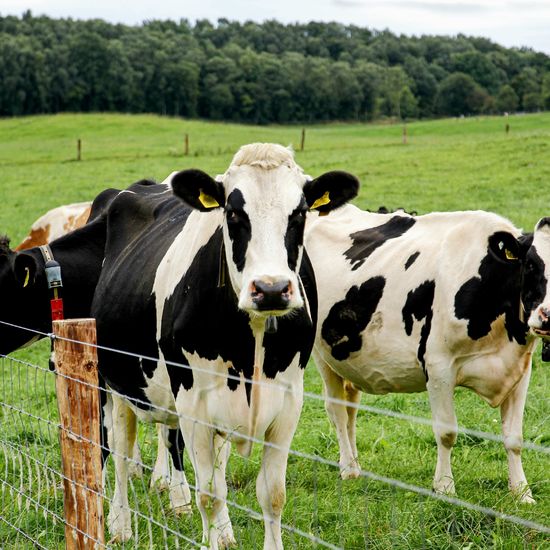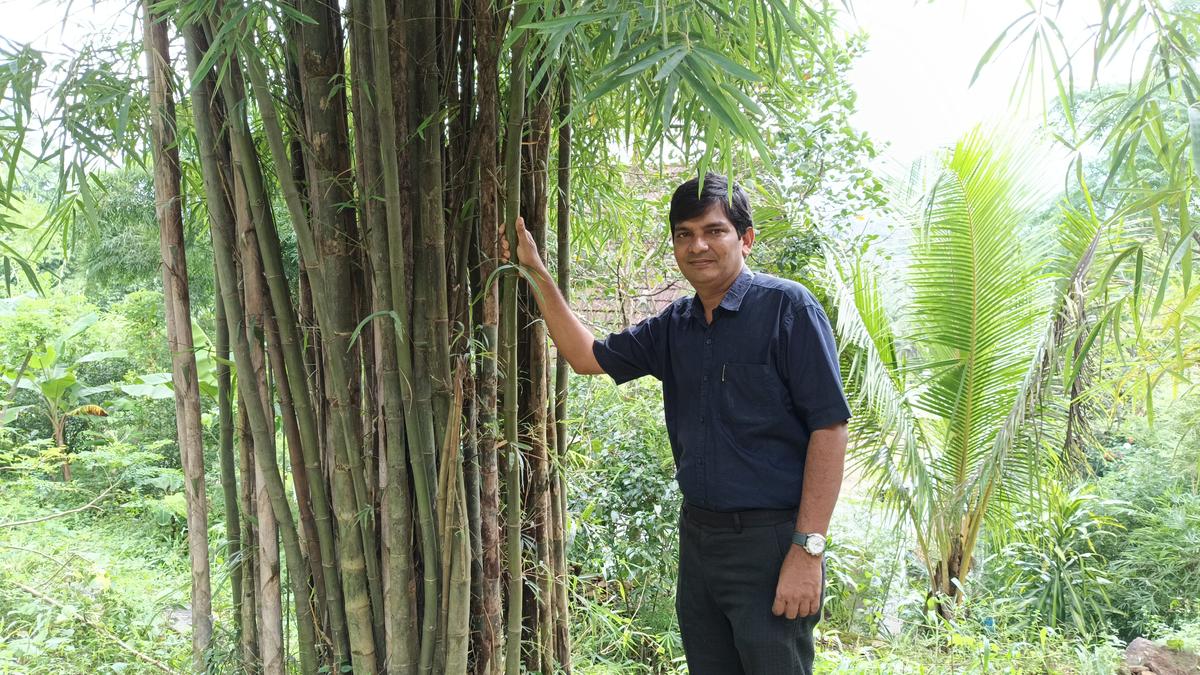By Caroline O’doherty
Copyright independent

Experts from four universities say the CCAC’s proposals – which the Government is expected to adopt – fall short of what is required by national law and international agreements.
They believe an incorrect interpretation of the requirements has been used that would allow Ireland too much leeway to keep emissions high.
Agriculture would be the main beneficiary and the group says the approach seems to have been adopted to shield the sector – the country’s single biggest emitter – from having to make large cuts.
They also say the CCAC’s proposal is flawed in failing to factor emissions from flights and shipping into the country’s carbon footprint.
And one of the group, Professor John Sweeney of Maynooth University, described as “indefensible” the decision to use 2020 as the base year for when Ireland’s contribution to global warming began when the country’s emissions grew rapidly for many years previously.
Their critique was presented to TDs and senators at the cross-party Oireachtas Committee on Climate, Environment and Energy.
They have asked the committee to write to Climate Minister Darragh O’Brien and request he seek an independent expert review of the CCAC’s proposals.
The move comes as the Government prepares to adopt a “carbon budget” setting out the maximum amount of carbon dioxide and other greenhouse gases the country can emit over the next five years without breaching agreed limits.
This 2026-2030 budget is required to set the country on course for further budgets and cuts that would ultimately lead to net zero emissions by 2050.
Preparing budget proposals is the job of the CCAC, and the scientists – some of whom have provided research for the council – say it has come to the wrong conclusions on the 2050 target and how it might be achieved.
A key concern is the use of “temperature neutrality” as the basis on which to set budgets.
That would allow the continuation of high level of emissions so long as they contributed no additional warming by 2050.
Professor Hannah Daly of University College Cork, who opened the presentation, said pursuing a “no additional warming” approach would not counteract climate change, given that current levels of warming were already too high and causing severe impacts globally.
If Ireland pursued this approach, other countries would have to compensate with much deeper cuts.
Prof Daly was backed by Prof Sweeney, Professor Barry McMullin and Paul Price from Dublin City University and by research published last month by University of Galway.
The group said Ireland’s own Climate Act, the country’s obligations under EU regulations and its undertakings under the Paris Agreement all required “climate neutrality”, which necessitated deep cuts in emissions, particularly methane.
“Temperature neutrality diverges from international norms, including, crucially, the EU’s definition of climate neutrality as net zero greenhouse gases by 2050,” Prof Daly said.
The CCAC has been asked for comment.



